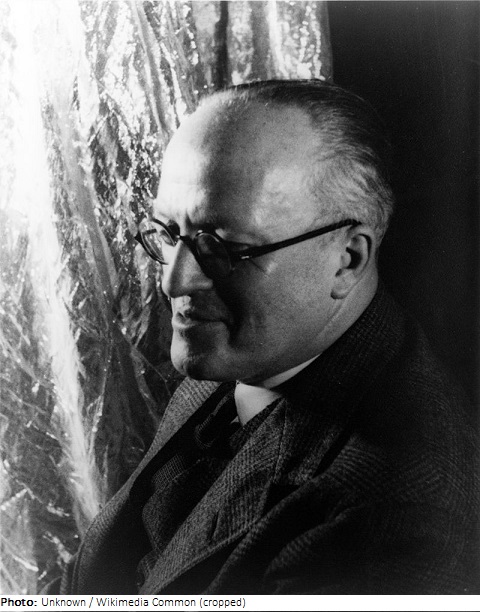
| Roles | Referee |
|---|---|
| Sex | Male |
| Full name | Hugh Seymour•Walpole |
| Used name | Hugh•Walpole |
| Born | 13 March 1884 in Auckland, Auckland (NZL) |
| Died | 1 June 1941 (aged 57 years 2 months 19 days) in Manesty, Keswick, England (GBR) |
| Title(s) | Sir |
| NOC |  Great Britain Great Britain |
The son of the future Bishop of Edinburgh, Hugh Walpole was born in New Zealand and went on to become one of the most prolific and popular writers of his day. He had an extraordinary imagination, and set many of his stories in the Lakeland district of England, which became his home. Walpole was educated at King’s College Cambridge, before going to Emmanuel College, Cambridge. After a period of missionary work, and then a stint as a schoolteacher at Epsom College, he got a job as a reviewer and became an excellent critic. He had his first book, “The Wooden Horse”, published when he was 25, and his fifth book, “Fortitude”, published just before the outbreak of World War I, was much acclaimed.
Walpole was scheduled to go to Russia in 1914 and, although he could not get into the British Army because of poor eyesight, he decided to still go. Whilst in Russia he joined the Red Cross and was awarded the Order of St. George for rescuing a wounded soldier under fire. Towards the end of the War, Walpole became a King’s Messenger, and his experiences in Russia led to him penning further novels.
Two of Walpole’s best-known series of books were the Herries and Polchester series. He wrote so many books, however, it would be impossible to name them all. These included novels for young people and gothic horror stories. Walpole also wrote screenplays for literary adaptations including David Copperfield and Little Lord Fauntleroy. He always set out to be a prolific writer, and he most certainly achieved that goal. He was not popular with his fellow authors and did not take kindly to harsh reviews. He was chairman of the Book Society until resigning in 1935, and as a collector of books from an early age, had a vast library in his London flat at his Cumberland cottage, and even some stored at his chauffer’s house in Hampstead. Walpole was also a keen art collector. He was awarded the CBE in 1918 and a knighthood in 1937. Nevertheless, he fell into oblivion after his death in 1941.
| Games | Sport (Discipline) / Event | NOC / Team | Phase | Unit | Role | As | |
|---|---|---|---|---|---|---|---|
| 1932 Summer Olympics | Art Competitions |  GBR GBR |
Hugh Walpole | ||||
| Literature, Open (Olympic) | Final Standings | Judge |